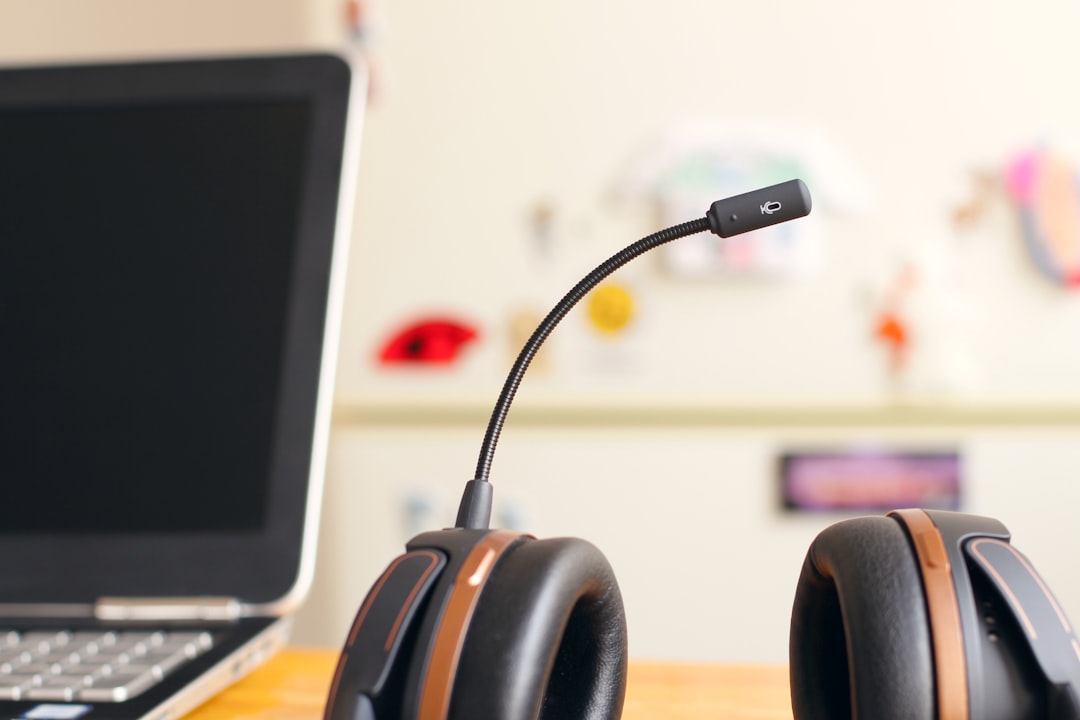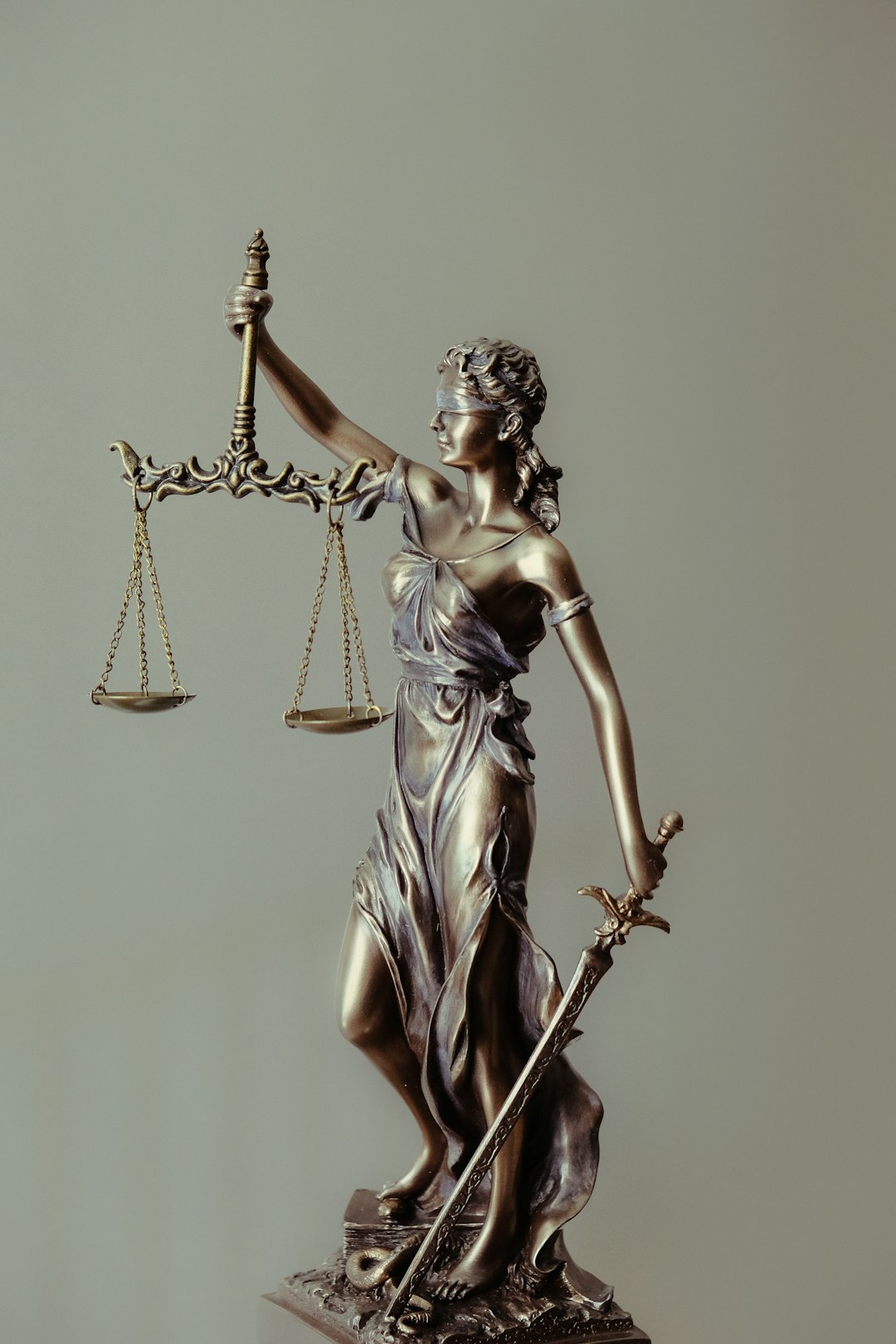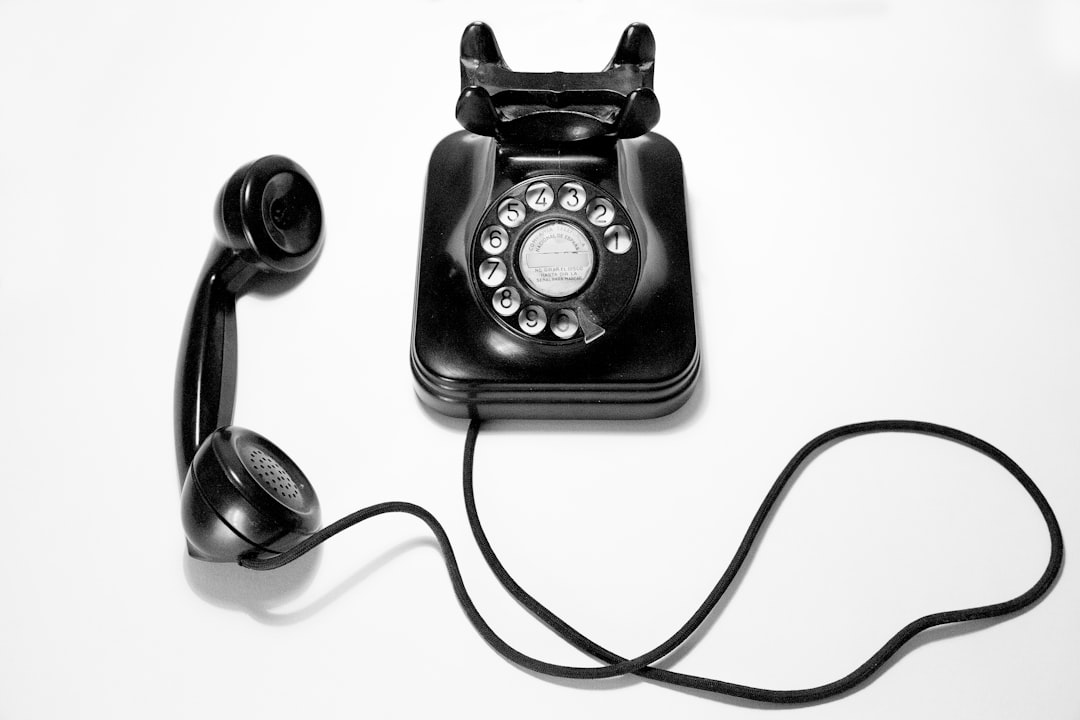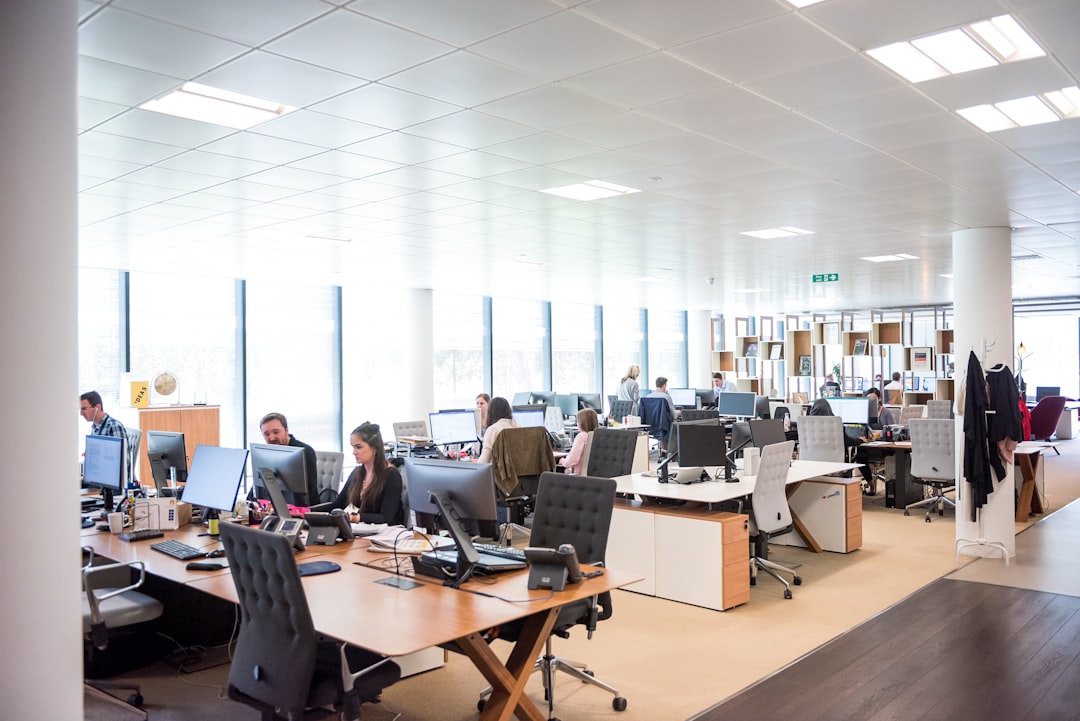In South Carolina, caller ID spoofing is generally illegal for deceptive purposes, with exceptions for businesses using automated dialing systems that disclose their practices transparently. State regulations target calls made with intent to circumvent the Do Not Call list. If you've experienced spoofing, consulting a Do Not Call Lawyer South Carolina is recommended, as they can guide through legal protections, FCC complaints, and civil lawsuits against perpetrators.
In South Carolina, understanding caller ID spoofing and its legal implications is crucial for both businesses and individuals. This article navigates the complex landscape of South Carolina law regarding caller ID spoofing, especially in relation to do-not-call laws. We explore what’s allowed under the state’s regulations and delve into the rights of victims, offering practical advice from a Do Not Call Lawyer South Carolina. By the end, you’ll be equipped with knowledge to protect against deceptive calls.
Understanding Caller ID Spoofing: What is Allowed Under South Carolina Law?
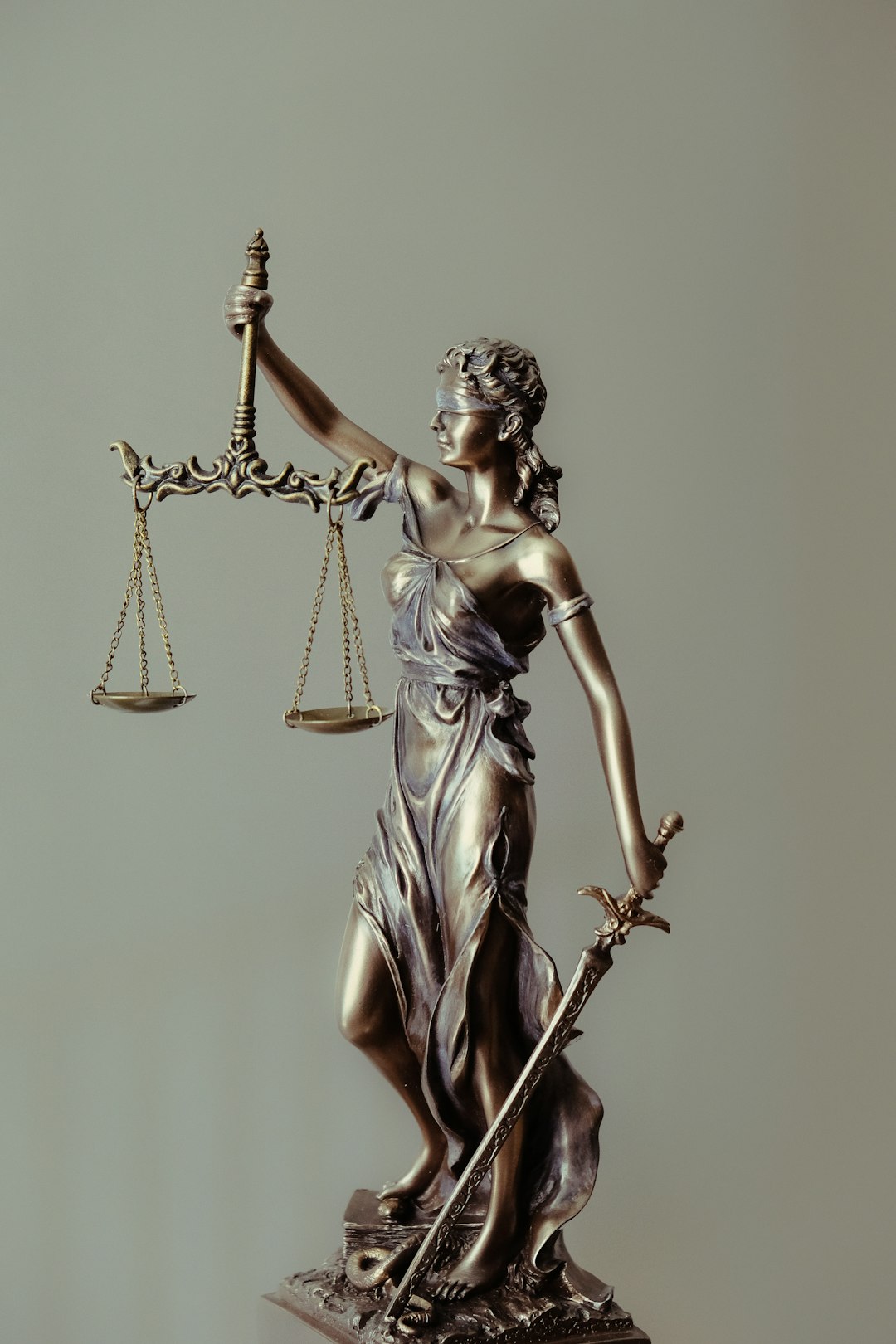
Caller ID spoofing, a practice where a caller’s number is manipulated to display something false, is a complex issue regulated by state laws. In South Carolina, understanding what’s allowed in terms of Caller ID spoofing is crucial for both consumers and businesses, especially those seeking legal advice from Do Not Call Lawyers South Carolina.
Under South Carolina law, it’s generally illegal to use caller ID spoofing with the intent to deceive or mislead. This includes situations where a caller masks their identity to avoid being identified or to trick recipients into answering the call. However, there are some exceptions. For instance, businesses may use automated dialing systems that show a generic number, but they must disclose this in their terms of service and not intend to mislead consumers. Always consult with a Do Not Call Lawyer South Carolina for legal guidance on specific cases.
Do Not Call Laws in SC: How They Relate to Spoofed Calls
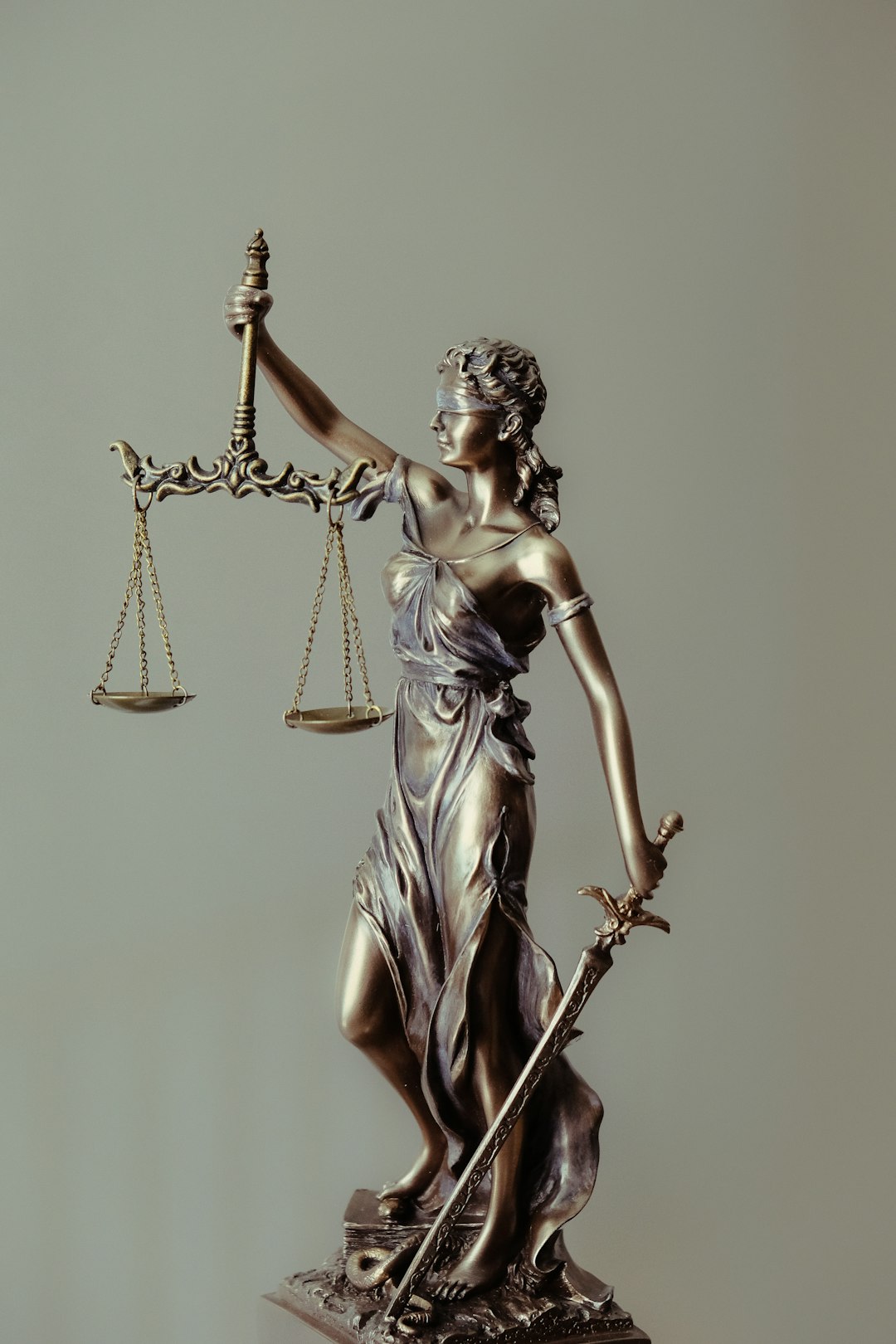
In South Carolina, just like in many other states, there are strict Do Not Call laws in place to protect residents from unwanted telemarketing calls. These laws restrict the number of calls certain businesses can make to consumers who have registered on the state’s Do Not Call list. However, with the rise of caller ID spoofing, where a caller manipulates their displayed identity, enforcing these regulations has become more complex.
When a call is spoofed and displays a false number, it can be challenging for recipients to identify and report malicious callers. This is particularly problematic for Do Not Call laws as it becomes difficult to track and penalize violators. As such, South Carolina’s Do Not Call regulations specifically address the issue of spoofing, stipulating that any call made with the intent to circumvent or bypass the state’s Do Not Call list is illegal. A Do Not Call Lawyer in South Carolina can provide valuable insights and guidance on these laws, helping residents protect their rights and understand their options against spoofed calls.
Legal Recourse for Victims of Caller ID Spoofing in South Carolina

If you’ve fallen victim to caller ID spoofing in South Carolina, understanding your legal options is crucial. While federal laws like the Telemarketing and Consumer Fraud and Abuse Prevention Act (TCFA) offer some protections, state-specific rules can provide additional recourse. A Do Not Call Lawyer South Carolina can assist in navigating these complexities. They can help you determine if the spoofing constitutes unlawful telemarketing or prying under South Carolina’s privacy laws, allowing for potential legal action against the culprits.
Victims may file complaints with the Federal Communications Commission (FCC) and seek damages through civil lawsuits. A skilled attorney specializing in caller ID spoofing cases can guide you through these processes, ensuring your rights are protected. They’ll help gather evidence, contact relevant authorities, and represent you in court if necessary, aiming to hold the perpetrators accountable and prevent similar incidents in the future.
